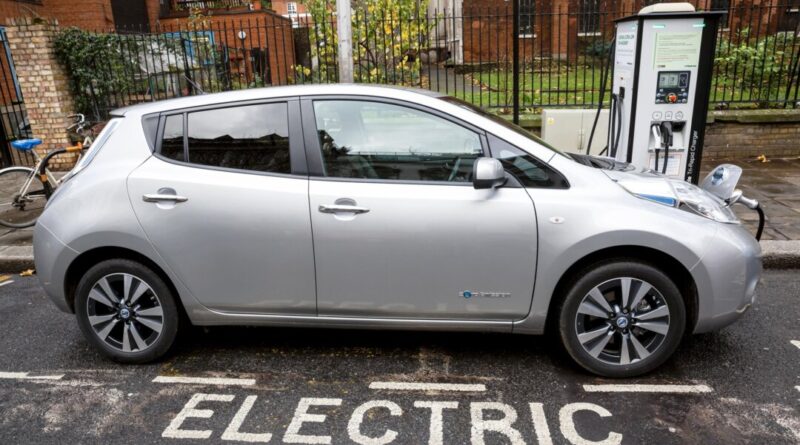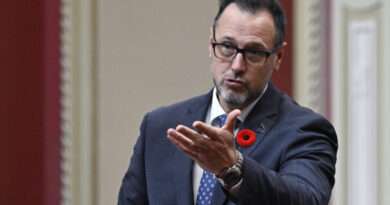Car Traders Urge Government Support Amid Declining EV Sales
Private buyers’ decreased interest in purchasing electric vehicles has been linked to low consumer confidence and high interest rates.
A decline in the market share of electric cars in March has prompted the UK automotive industry to call for increased government support for private consumers.
While the new car market saw growth for the twentieth consecutive month in the previous month, the percentage of electric vehicles in new registrations dropped to 15.2 percent, a 1 percent decrease from February.
A report by the Society of Motor Manufacturers and Traders (SMMT) stated that the declining EV market share reflects a “challenge ahead.”
The trade association emphasized the need for enhanced government support to provide incentives for private retail buyers, not just commercial and fleet buyers.
The SMMT urged the government to temporarily reduce VAT on new EV purchases and reconsider plans to introduce vehicle excise duty for EVs.
Ministers were also encouraged to address the “pavement penalty” by aligning public charging VAT rates with home charging rates.
These initiatives would have a significant impact on consumers and help accelerate the adoption of zero-emission vehicles, according to the SMMT.
“Manufacturers are offering attractive deals, but they cannot sustain the transition on their own. Government backing for private consumers, not just corporations and fleets, would send a positive message and facilitate a quicker and fairer transition as planned,” said SMMT CEO Mike Hawes.
ZEVs sales must reach 100 percent by 2035. Manufacturers failing to comply with the mandate will face fines of £15,000 for each internal combustion engine car sold above the 78 percent limit.
Market Movement
March saw the highest number of new car registrations, with a 10.4 percent yearly increase and a total of 317,786 new cars on the road. The SMMT attributed this rise to the annual release of new number plates at that time of year.
Fleet investments accounted for the largest share at 29.6 percent of new registrations. In contrast, private buyer registrations decreased by 7.7 percent, a trend attributed to low consumer confidence and high interest rates by the SMMT.
The share of small business registrations also saw an 8 percent decline.
Petrol cars led new registrations with 55.7 percent market share, marking a 9.2 percent rise compared to the previous year. Hybrid electric vehicles followed with 14 percent market share, including a record high uptake of 44,550 units.
However, the EV segment failed to maintain its growth in market share despite record registration volumes.
“The decrease in BEV market share in a growing market highlights the need for government support to accelerate fleet renewal. While fleets continue to drive BEV adoption thanks to attractive tax incentives, the market share decreased despite increased registration volumes in March,” the SMMT stated.
Government policies outlined in the Net Zero Strategy include phasing out new petrol, diesel, and hybrid vehicles by 2035.
The Office for Budget Responsibility (OBR) has predicted a slowdown in EV sales over the next three years, reducing its forecast for EV uptake from 25 percent to 18 percent in November 2023.
The OBR also anticipated a drop in EV sales from 67 percent to 38 percent in 2027.
The SMMT had previously urged the government to reduce VAT to 10 percent on new EV purchases by private buyers for a three-year period. This reduction could result in an average price decrease of £4,000, similar to tax incentives available to fleet buyers purchasing new electric cars.
The adoption of this measure could lead to an estimated additional 250,000 battery electric cars on the road over three years, as suggested by the SMMT.




